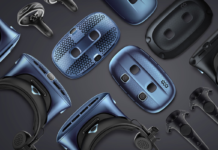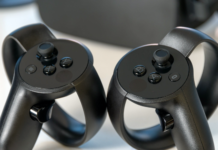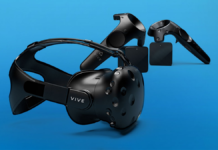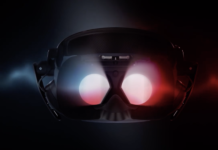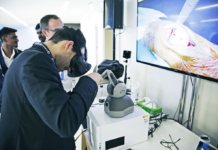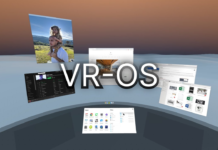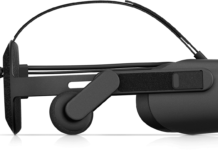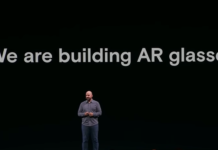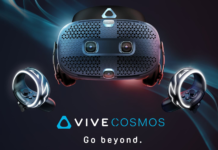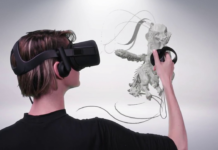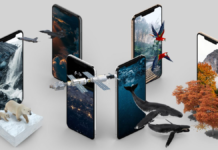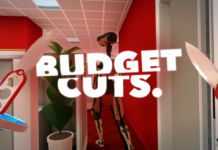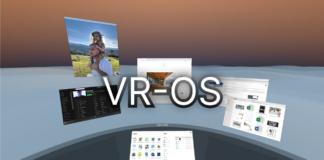When discussing virtual reality, something that rarely is talked about is the haptics that the controllers possess. Although it is often forgot in a regular conversation, the games we play and the experiences we have in VR would not be the same without them. Haptics allow virtual users to feel the virtual environment that is around them. Although this technology is far from perfect right now, the industry is pushing this technology to new heights every year.
With the use controllers, gloves, rudders, joysticks, and even suits, people are experiencing virtual reality with new heights. All of these devices will send vibrations out, and feedback into the headset while sending more vibrations out. The sensations that you experience with said devices can make you feel as though you are inside of your virtual world, especially with the help of an immersive headset. This technology is being progressed at a staggering rate.
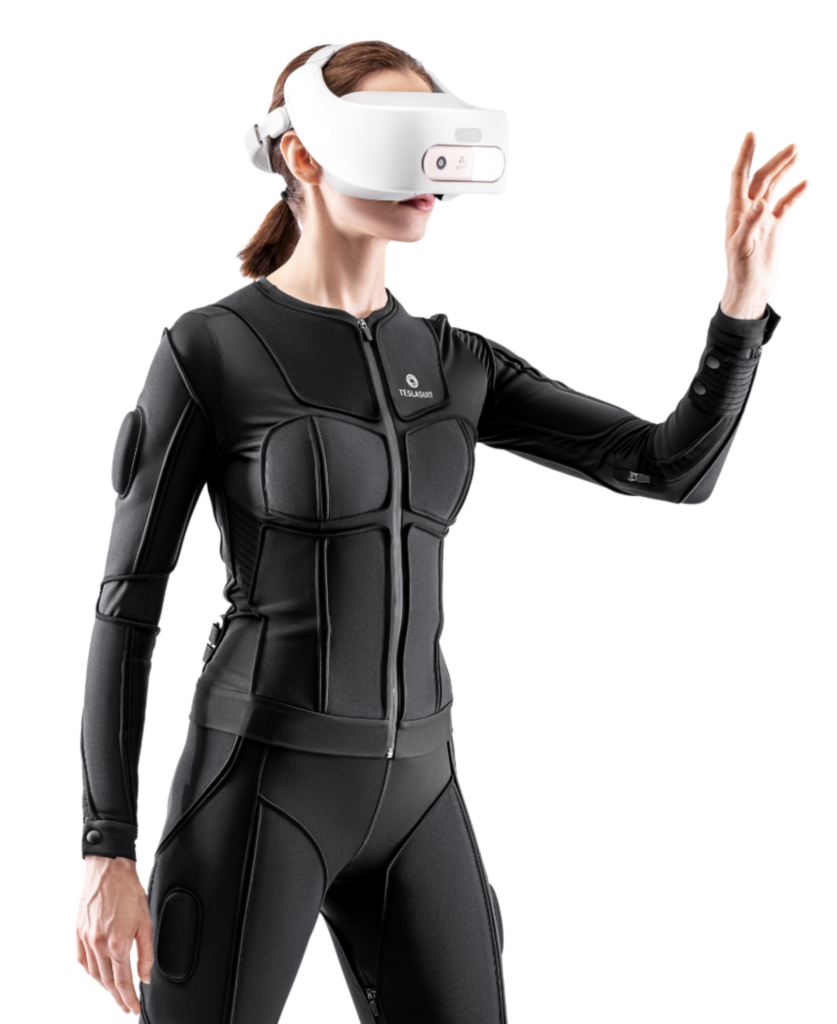
If you are looking for a modern way to look at haptics, look at Ready player One. In this movie from 2018, the players are altering the virtual world with just their helmet at their gloves. Not only are the gloves giving you real feelings, but the smells in the movie are perceived as real as well. If you have a smell mask, all of this is a real possibility at the end of the day. Although this move took place far down the road in the future, the technology they used inside of the movie is not too far out.
Haptics are not exclusive to just wearables. The Hololens 3 may feature a piece of hardware that you wear on your wrist that will send sensation through your fingers and also your arm. This could be the future of haptics. Not a full suit, but a piece of hardware that interacts with your nervous system. This would make the hardware easier to access for many people and something realistic for people to use. People jumping into a suit for a VR game doesn’t sound reasonable, but putting a bracelet on does.
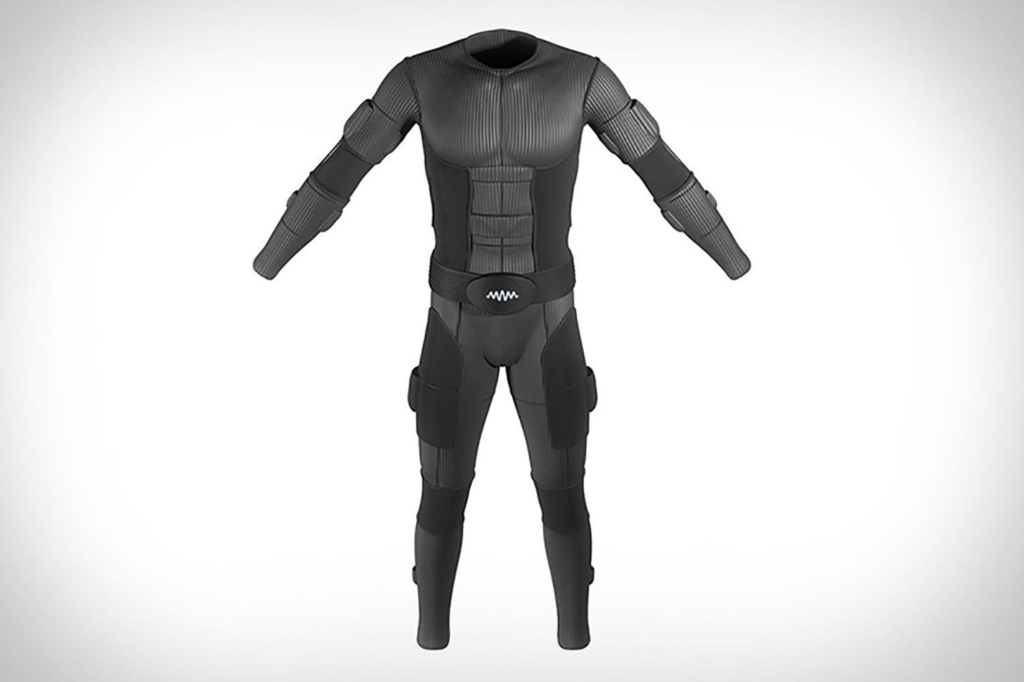
Haptics were first introduced to the public in the mid 2010’s along with virtual reality headsets. The two have been linked together for many reasons, but the biggest is glaring. Without each other, they likely fizzle out and fail. Imagine if you didn’t have any haptic feedback in virtual reality. Hitting a ping pong ball would be mundane and meaningless, just like most things without haptics in your VR space. If you didn’t have a VR headset, the need for a good controller with haptics would be useless. Why play a game that needs haptic feedback if you can just experience said game in real life. The two need each other, and they are a perfect fit.
Developers have done a fantastic job of incorporating haptics into they games since they have been readily available. In games like Spider-Man Far From Home, Racket Fury NX, and Windlands, the developers did a great job of making haptics a part of the story like. These games rely on the users relying on the haptics for feedback. If the games were the exact same without any haptics, the titles would be nearly unplayable.
With all of that being said, it is clear that haptics have a future as long as virtual reality does. The two need each other, and without one or the other, we are going to see a large drop-off in virtual experiences. Although we are unsure what the next big haptic hardware will be, we are sure that it will make you feel like never before.


